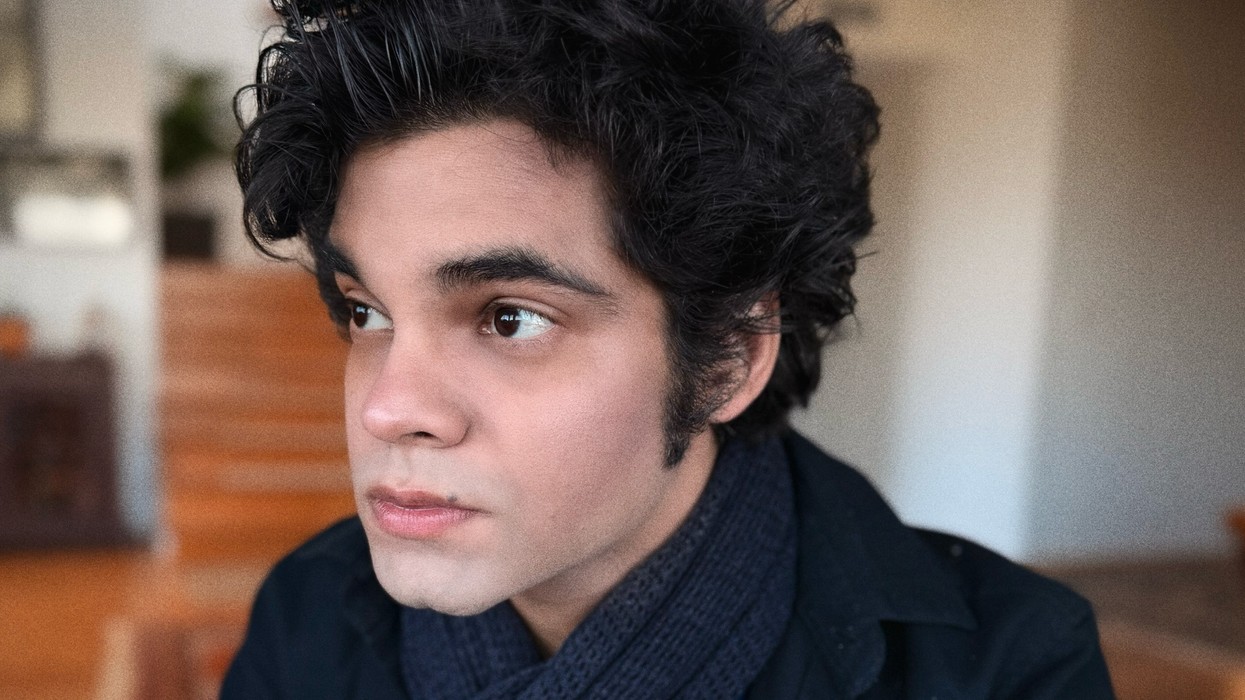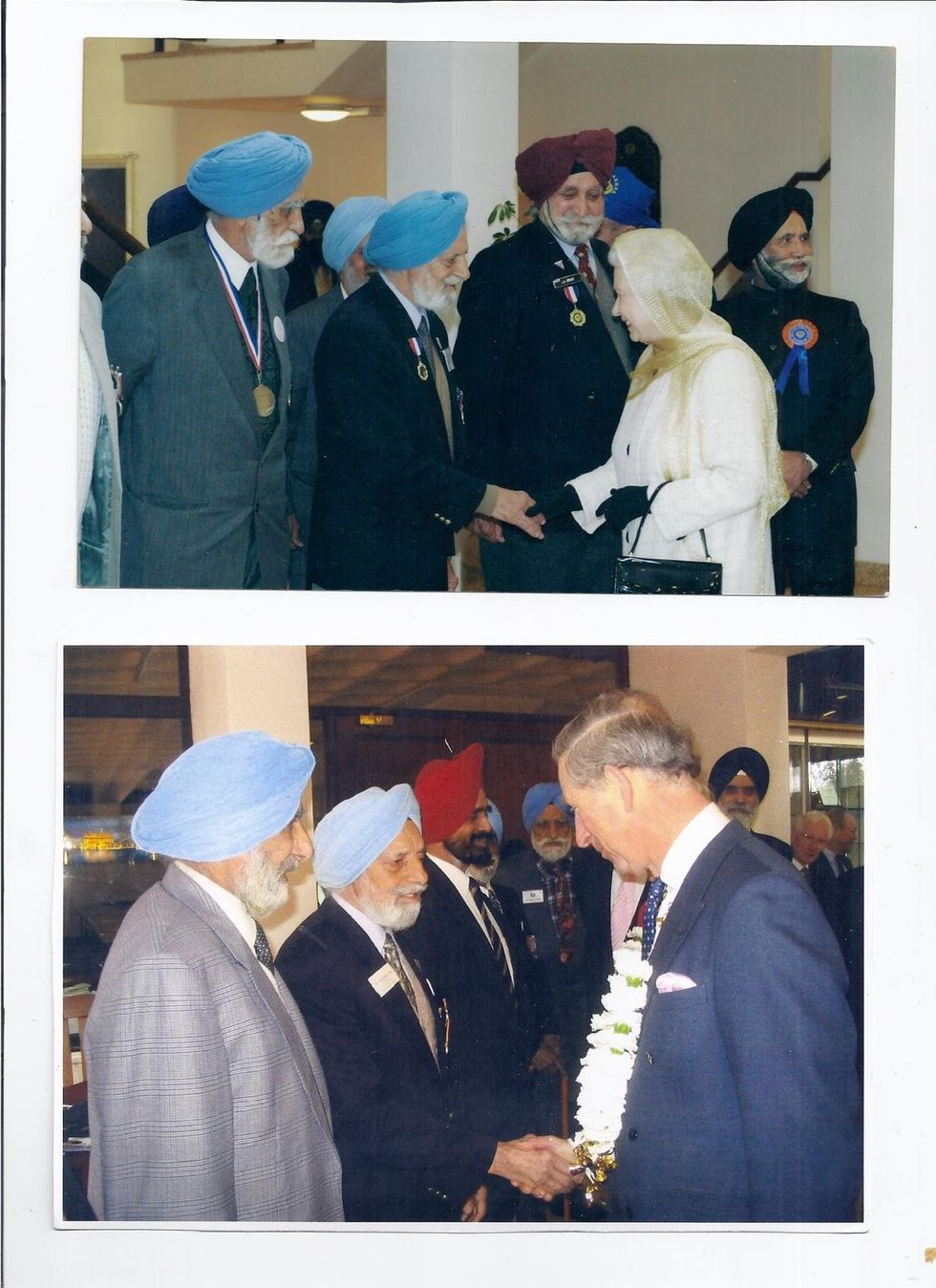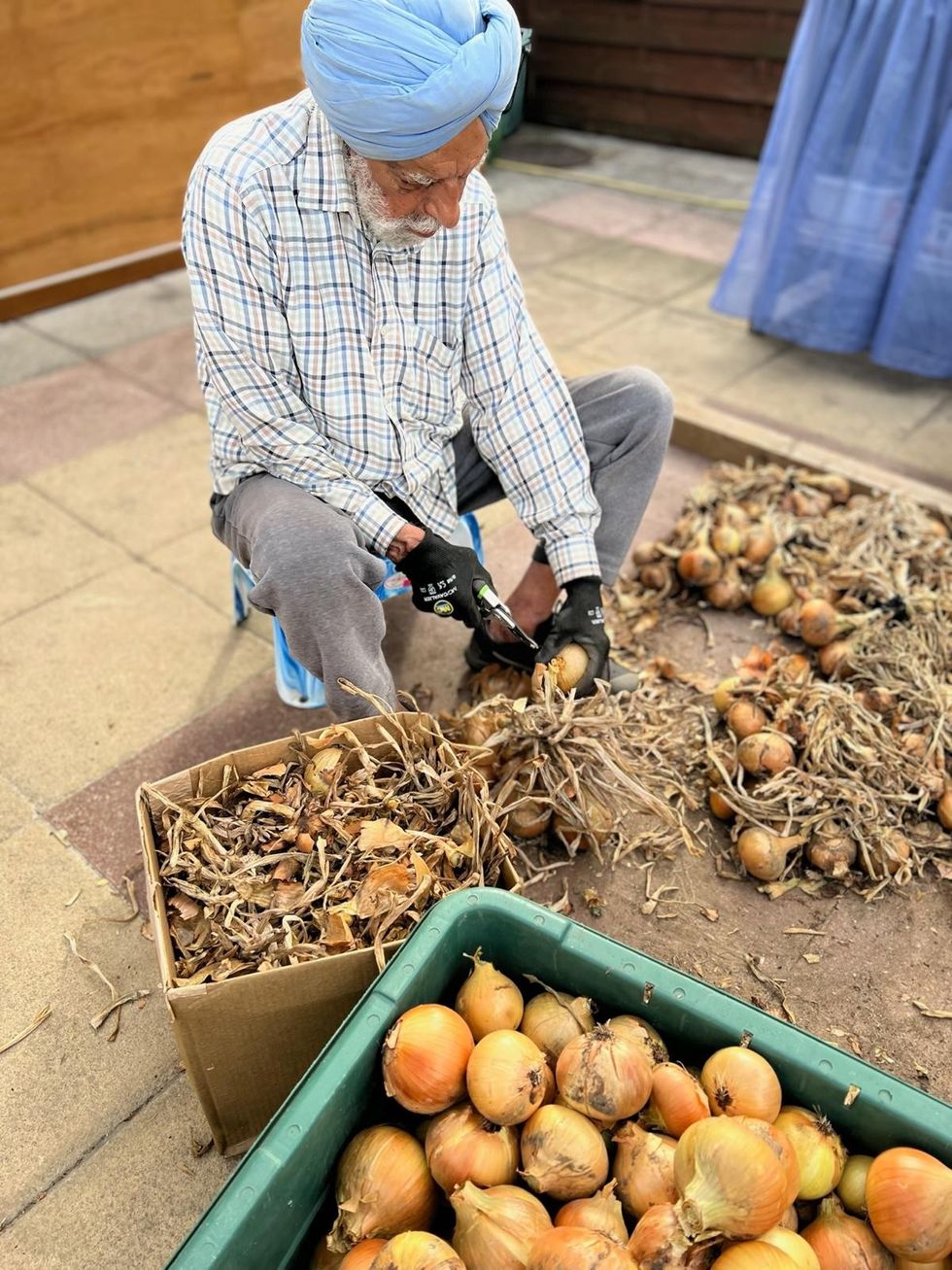by NADEEM BADSHAH
URGENT action is needed to tackle the type 2 diabetes crisis among British Asians after it emerged more younger people are being diagnosed with the disease, doctors said.
One in eight people aged 18-40 years in the UK across all groups has the condition linked to obesity, according to new research. The figure was one in ten patients in 2000.
A separate study found that poorly managed diabetes costs the NHS £3 billion a year and one in three patients, around one million adults, fail to control blood sugars.
People of south Asian origin make up four per cent of the UK population, but they account for an estimated eight per cent of all diagnosed cases of diabetes.
Experts said patients with high levels of glucose in the blood needlessly end up in hospital with heart attacks, strokes, kidney problems and leg ulcers.
Those of south Asian origin are around six times more likely to have type 2 diabetes compared to other groups due to diet, lack of exercise and different ways of storing fat in the body.
Kaja was diagnosed with Type 1 diabetes after her first term at university aged 18. She said: “I’d been losing weight. which I put down to not eating properly, and feeling unwell, which I put down to freshers’ flu.
“I didn’t have an explanation for my extreme thirst or needing the toilet all the time. A diabetes diagnosis isn’t the sort of thing you expect to happen in your first term of university.
“It was the first time I’d been really independent from my parents and I felt very alone. It was a huge shock to my family too.
“Going on the Diabetes UK website and reading other people’s stories, other people my age, people who have been diagnosed at uni too as students, or people who’ve been diagnosed as a child and they live with it for so much longer than I have – it all really helped.”
Professor Mahendra Patel, an honorary visiting professor in pharmacy for the University of Bradford, said “early prevention” is key and believes pharmacists have a major role to play.
He told Eastern Eye: “With Diwali around the corner, watch out for the jalebis and ladoos, have them in moderation, be conservative.
“It is about educating the younger, middle age and elderly. Most types of Type 2 diabetes is preventable, Type 1 you cannot do anything about.
“Early detection and ethnicity are big factors in the higher risk.”
Asad Rahim, 23, changed his lifestyle when he learnt he was at a high risk of being diagnosed with the condition.
He said: “I was always aware that I was high risk because of that, so I decided to take the Know Your Risk test and my results came out as high risk.
“At the time I was living the typical student lifestyle – eating and drinking everything I could get my hands on.
“I dramatically reduced my calorie in-take and started following a more protein-based diet. I started to cook my own meals at home, things like chicken and vegetables with a smaller portion of healthier carbs like brown bread or rice.
“As soon as I found out my risk I joined a HIIT (high intensity interval training) programme at my local gym.
“Within eight weeks of eating healthier and exercising I went from 92kg to 79kg. I have so much more energy than I used to have, and I feel great every day.”
Professor Patel, national diabetes campaign lead for the Royal Pharmaceutical Society added: “The NHS Long Term Plan recognises the vital role of pharmacists and their clinical skills in supporting patients to achieve better health outcomes, improving patient safety and reducing medication errors.
“The recent establishment of new Primary Care Networks and the growing maturity of local Integrated Care Systems provide unparalleled opportunities for people to receive better access to their pharmacists, more personalised support, and joined-up care at the right time in the optimal care setting.
“Significant numbers of people are failing to meet the nationally recommended treatment targets in reducing risk of complications associated with Type 2 Diabetes.
“Many are not understanding their condition nor adhering to their prescribed treatment. This is a critical time to make more effective use of the extensive clinical skills of the pharmacist.”
Nearly 200 Type 2 diabetic patients a day are going blind or losing limbs, NHS figures showed. It is one of the leading causes of blindness, amputation, impotence and heart disease. Surgeons are carrying out a record 25 amputations daily on people with the disease. And a further 161 a day require urgent treatment or follow-up tests for eyesight
problems triggered by diabetes.
Dr Kailash Chand, a GP and honorary vice-president of the British Medical Association, said: “The particular educational needs of south Asian communities need to be addressed.
“Knowledge of the risks of increasing fatness is poor among many south Asian communities, and it is clear culturally appropriate interventions are required that involve a whole community, GPs, schools.
“Secondly, clinicians must offer some hope that intervention before the development of diabetes in high-risk groups may prevent or delay the onset of diabetes largely by the lifestyle intervention –low carb diet, no sugar and moderate physical exercise.
“Local and national multi-agency action is urgently required to raise the profile of diabetes, obesity, and related health issues affecting south Asians.
“I have always advised my patients to lose weight and keep it off. You may be able to prevent or delay diabetes by losing five to seven per cent of your starting weight.”
Bahee Van de Bor, a specialist paediatric dietitian, has urged the Asian community to eat healthier to prevent diabetes.
Van de Bor, who posts advice on www.ukkidsnutrition.com, said: “I would encourage families to enjoy family home-cooked meals whenever possible with plenty of fruit, vegetables, lentils and beans, like chickpea curries for example.
“Quite often, if lentil or bean-based dishes are prepared, don’t forget to include at least two servings of vegetables with meals.
“Remember that potato is not a vegetable but like rice and roti and chapatis is a source of carbohydrate.
“Choose wholemeal flour or brown wholegrain basmati rice when possible to increase fibre, which can help children’s bellies stay full for longer.”



















 Dhatt with sons Jasvinder and Parminder
Dhatt with sons Jasvinder and Parminder Dhatt as a young soldier
Dhatt as a young soldier Dhatt with the then Prince of Wales, and the late Queen
Dhatt with the then Prince of Wales, and the late Queen Dhatt gardening at home
Dhatt gardening at home Dhatt with his granddaughter Amrit
Dhatt with his granddaughter Amrit